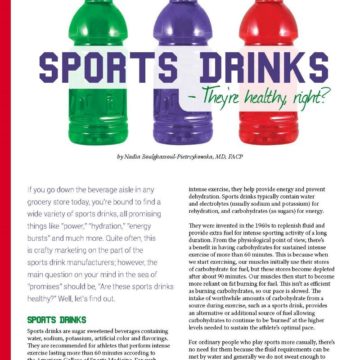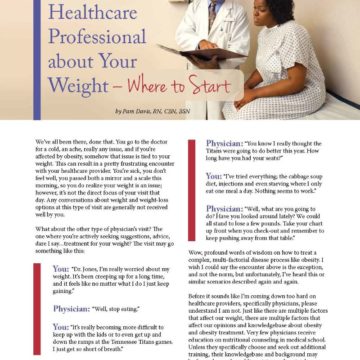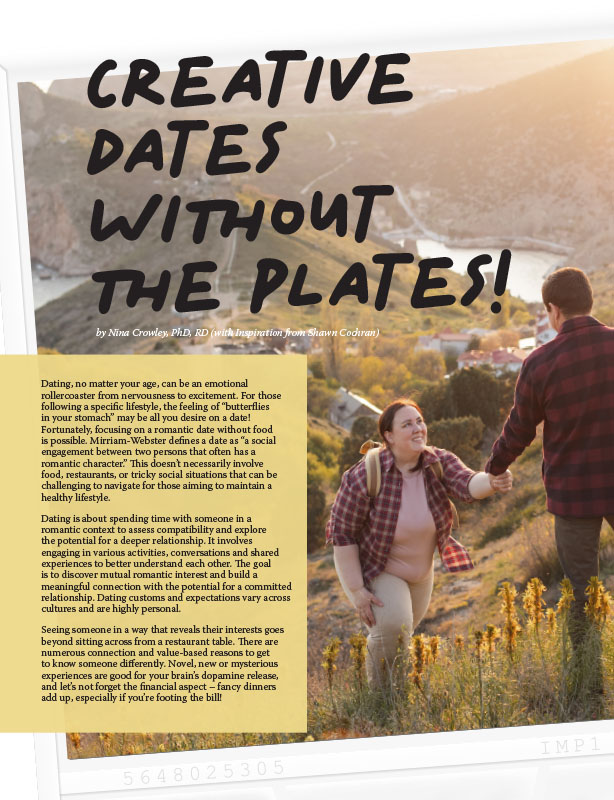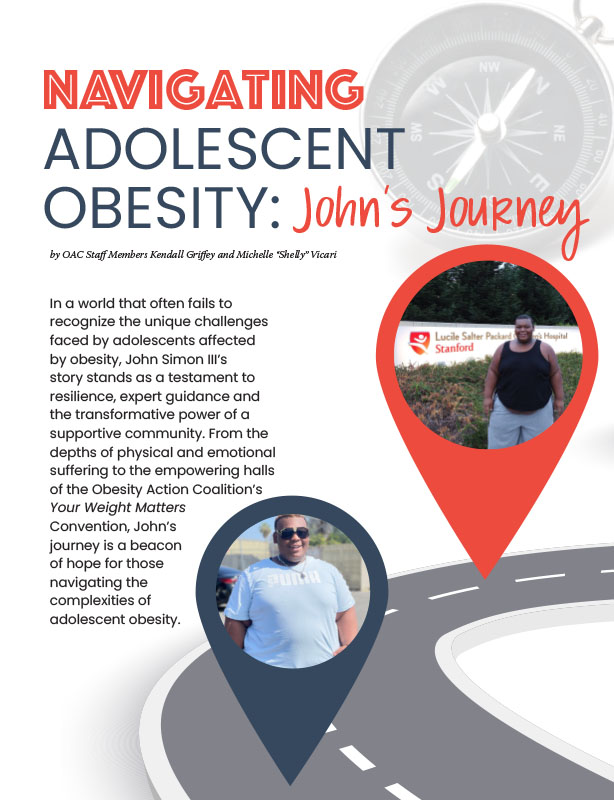Dear Doctor, I am affected by obesity and not interested in intimacy. Why is this?

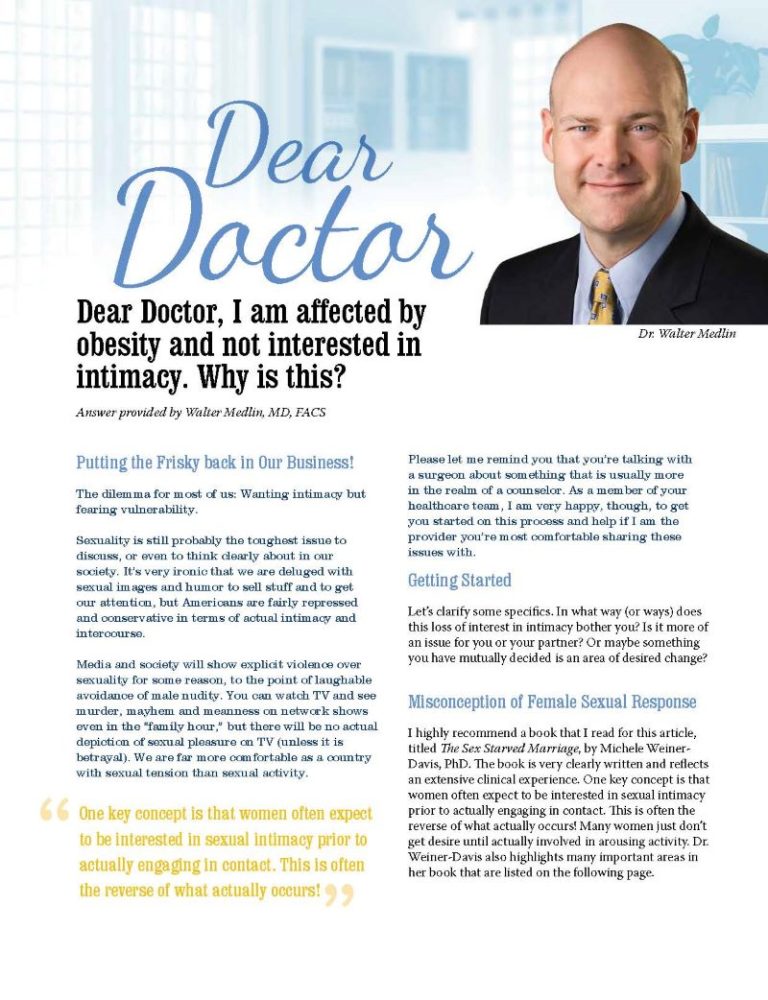
Answer provided by Walter Medlin, MD, FACS
Summer 2013
Putting the Frisky back in Our Business!
The dilemma for most of us: Wanting intimacy but fearing vulnerability.
Sexuality is still probably the toughest issue to discuss, or even to think clearly about in our society. It’s very ironic that we are deluged with sexual images and humor to sell stuff and to get our attention, but Americans are fairly repressed and conservative in terms of actual intimacy and intercourse.
Media and society will show explicit violence over sexuality for some reason, to the point of laughable avoidance of male nudity. You can watch TV and see murder, mayhem and meanness on network shows even in the “family hour,” but there will be no actual depiction of sexual pleasure on TV (unless it is betrayal). We are far more comfortable as a country with sexual tension than sexual activity.
Please let me remind you that you’re talking with a surgeon about something that is usually more in the realm of a counselor. As a member of your healthcare team, I am very happy, though, to get you started on this process and help if I am the provider you’re most comfortable sharing these issues with.
Getting Started
Let’s clarify some specifics. In what way (or ways) does this loss of interest in intimacy bother you? Is it more of an issue for you or your partner? Or maybe something you have mutually decided is an area of desired change?
Misconception of Female Sexual Response
I highly recommend a book that I read for this article, titled The Sex Starved Marriage, by Michele Weiner-Davis, PhD. The book is very clearly written and reflects an extensive clinical experience. One key concept is that women often expect to be interested in sexual intimacy prior to actually engaging in contact. This is often the reverse of what actually occurs! Many women just don’t get desire until actually involved in arousing activity. Dr. Weiner-Davis also highlights many important areas in her book that are listed on the following page.
Medical, Hormonal and Physical Issues
- Medical
There are several factors that can lead to loss of sexual desire or enjoyment. Antidepressant medications in the SSRI class can alter libido. These include Celexa, Lexapro, Paxil, Prozac, Zoloft and others. - Hormonal
Menopausal or premenopausal changes can alter feelings of desire and are often unrecognized in early stages. The body can also have adjustments after childbirth or chemotherapy. The term “chronic disease” covers a lot of ground, but many conditions, including diabetes, can contribute to change in desire. Vascular disease is more highlighted in males because of the role in maintaining erection, but likely has some role in female sexual response as well. Smoking cessation is always a good idea! Polycystic ovary syndrome can give women higher testosterone values, which can lead to acne and hair issues, as well as irregular periods. - Physical
Fatigue is probably most important, medically, for desire. Low Vitamin D is almost the rule in our patients, and it takes weeks to months to correct. Hypothyroidism is less common, but treatable. Lack of regular exercise directly affects sexual desire and arousal and ability to orgasm. It also indirectly affects fatigue, which is part of the body’s counter-regulatory efforts to dieting.
By the time many women reach our clinic, they have been through dozens of diet attempts throughout the years. Their bodies have become well-adapted to this self-imposed “famine” by going into a near hibernation state, which is best characterized by overwhelming chronic fatigue.
When you feel burnout in life, it is understandable to be sexually disempowered. Clinical depression, medications and body image problems can certainly have a role. Understanding all of this is the first step to adjusting to it all. Please note that I did not use the word “fixing” here! An attitude of “fix” can block our ability to “treat.”
Behavioral and Relationship Issues
Another of Dr. Weiner-Davis’ ideas that I really appreciate is that of “emotional nutrition,” which is an inborn need to bond. How can we have a true sexual bond with our partner if there is no friendship? Anger, cynicism and even selfishness may all be reasonable responses to the harsh reality of the world for many of us, but they also isolate us. Balancing the need for self-care with the need to be cared for requires a leap of faith!
Here are some questions for you and your partner that may help you both identify intimacy issues:
- Are you in a relationship now? If so, how has intimacy worked in this relationship in the past? What previous relationships do you bring into the current one?
- Are you a post-op metabolic/bariatric surgery patient? Has your partner responded positively to changes? Is your partner “oversexed” (exhibiting an excessive sexual drive or interest)?
- Does your body image or previous sexual trauma create fear or reluctance toward intimacy?
- Are you sexually active but feeling a lack of desire/pleasure or not having intercourse? Do you have a sexual relationship with yourself? (Yes, we are now talking about masturbating, an even more taboo subject than sex!) Do you have thoughts but not act on them?
- How is your underlying friendship with your partner? What other conflicts may be unresolved? Some relationships undergo radical “power” changes after bariatric surgery, and the partner who has been taking the other for granted often reacts defensively.
- How do you handle stress now? Food can be a crutch even for normal weight people – they don’t call it comfort food for nothing! You may need to replace old coping behaviors with new ones.
- Do you have “safe” space in your relationship to talk about issues without causing hurt feelings? Are you waiting for your partner to agree with you before taking action? When we offload the obligation for our happiness onto our partner, it can lead to a compounding of problems.
- Remember, change can be stressful, even if it is winning the lottery. A new life can be disruptive, and adjustment disorder is common.
Recognizing Other Important Issues
Most relationships hit roadblocks at some point, and counseling can give tremendous benefit even if it is only for a few sessions or a few months. Even when the underlying sexual problem is completely related to medication or physical problems, our feelings and communications are easily disrupted. As the saying goes, “Sex is only 10 percent of the relationship – unless you’re not having sex, then it’s 90 percent!”
Here is a list of other concepts to explore:
- Distracted society (Internet, TV, busy lives)
- Anxious society (continual messages of crisis and tragedy)
- Neurotic society (continual messages of inadequacy)
- Pornified society (inability to live up to fictional standards)
- Hyper-society (inability to just chill out for a day on the couch with partner or self)
- Habit of avoiding, delayed gratification
- Does only intercourse “count” anymore? Are we keeping score too closely?
- Romantic fiction (Is it okay just to “hook up” with your partner occasionally? Does all sex need to have deep personal connection, or can it just be fun?)
- Spontaneous ideal (Sometimes planning, even scheduling, can be helpful.)
- Sensitive feelings (Innocent comments can cause real harm. Your body language may be misunderstood as rejecting, even if it has nothing to do with your partner.)
- Discounting positive attention (Negative self-talk blocks romance!)
- Honest and CLEAR communication of needs and turnoffs
- Do you talk with friends, but your partner is in the dark?
- Be VERY careful of the word “should.” It is the root of a lot of toxic behavior and unrealistic expectations.
- Is impatience for a complete solution keeping you from making small steps?
- Would regular exercise help?
- Do we feel overly responsible for our partner’s happiness?
As you can see, there are a wide variety of concepts that may impact sexual behavior and desire. It is important to discuss these issues with your partner to encourage clear and honest communication.
The Takeaway
Communicate with your partner, take that leap of faith! If you have major anger, or major vulnerability, it is a good idea to have a counselor. Just get started! Don’t let intercourse or orgasm problems block the enjoyment you can have with other components of an intimate relationship (even if it starts alone). Most important – don’t ever count yourself out! This important part of life has not passed you by, even if you are far out of practice.
Expect to have some dead ends in your search for solutions. No single source or practitioner has every answer, and many of us practitioners have only limited experience with certain components of sexuality. Be wary of the easy answers, this is complicated stuff!
As you progress through examining and making changes in your sexual life, expect that the questions may change. I am a strong advocate of Mindfulness-based Stress Reduction techniques for keeping our problems in perspective. Remember, your most important sex organ is your brain! Self-care is fundamental to happiness. Most of us have ongoing negative internal dialogue about weight and self-worth. Don’t beat yourself up just for having a challenge in desire. It is not a “fault,” but another opportunity for learning about this amazing journey of life.
Here’s hoping you all have the frisky, romantic summer that you surely deserve! Be positive, but be persistent!
Answer provided by:
Walter Medlin, MD, FACS, is director of the Metabolic Surgery program at Billings Clinic in Montana and an OAC Advisory Board Member. He struggled with his weight since first grade. After performing hundreds of bariatric surgeries, he underwent sleeve gastrectomy in 2008, with outstanding results. Dr. Medlin is also a participating practice in the OAC Sponsored Membership Program where he gives each of his patients a one-year membership in the OAC and he is honored to be a longtime member of OAC. Dr. Medlin is also an avid user of Twitter; his handle is “@bonuslife.”
by Nina Crowley, PhD, RD (with Inspiration from Shawn Cochran) Winter 2024 Dating, no matter your age,…
Read Articleby Leslie M. Golden, MD, MPH, ABOM Diplomate Winter 2024 The journey to overcoming obesity is a…
Read Articleby OAC Staff Members Kendall Griffey and Michelle “Shelly” Vicari Winter 2024 In a world that often…
Read Article




